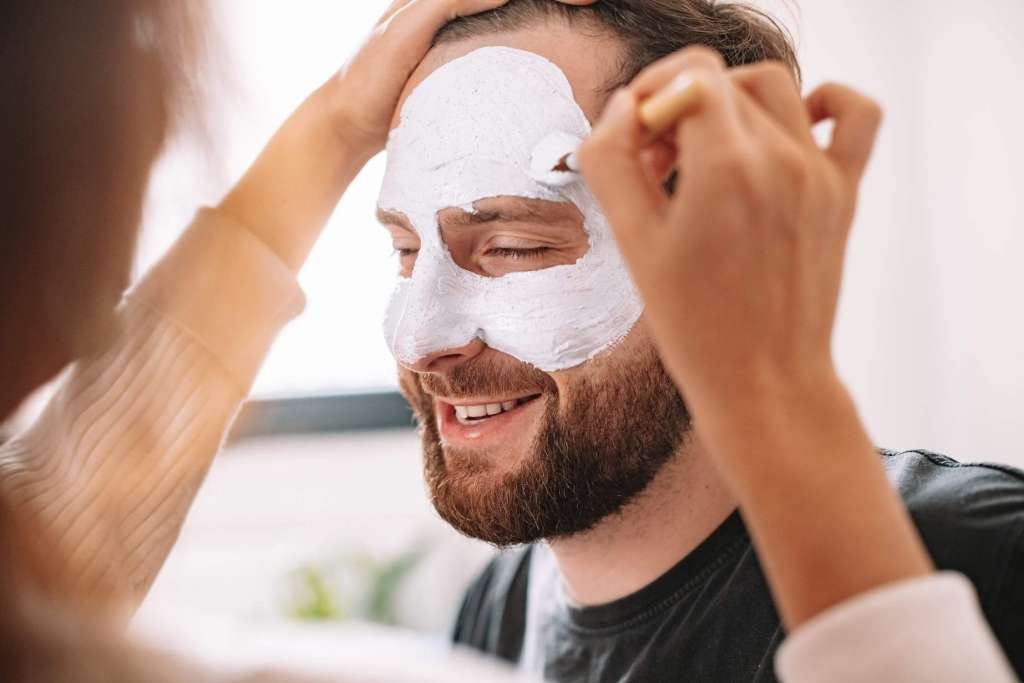There’s a good reason why the skincare industry is currently worth a staggering $100.13 billion. Not only is your skin your first defense against the elements, but it plays a major role in creating a good impression.
Mastering an effective skincare routine is key to your outer beauty, whether you love to sport the latest makeup trends or prefer a natural look.
The best skincare routine depends on your unique characteristics and circumstances. Keep reading for skincare tips to help you achieve glowing, healthy skin, no matter what.
Skincare Considerations
According to custom skincare expert Renee Rouleau, it’s important to consider dietary and hormonal influences on your skin when you build a skincare routine. A dermatologist or your GP can help get you on the right track.
Apart from these related conditions, you must also know your skin type when compiling the perfect skincare routine for your needs.
Your skin type depends on how much sebum (oil) your skin produces. It can change over time depending on your genetics, stress levels, age, and environmental factors like humidity.
There are five major skin types according to the American Academy of Dermatology (AAD):
Oily Skin–
Oily skin appears shiny and feels greasy due to excess sebum production, especially on the chin, nose, and forehead (the T-zone). If you are prone to enlarged pores, whiteheads, blackheads, and blemishes, you likely have oily skin.
This type of skin needs products that hydrate and nourish it without clogging the pores and triggering breakouts. A gentle, foaming cleanser and light non-comedic moisturizer play a vital role in caring for oily skin.
Dry Skin–
Dry skin often appears dull and may become flaky and rough as it lacks natural oils. This type of skin frequently appears dehydrated and feels tight, itchy, and irritated.
If you have this type of skin, you must use gentle, hydrating, soothing, and fragrance-free products as part of your routine to help maintain the skin’s moisture barrier.
You should also avoid products containing alcohol, and moisturize your skin several times a day.
Normal Skin–
Normal skin is neither too oily nor dry and rarely feels greasy or tight. People with balanced skin have small pores and a smooth skin texture. They rarely experience breakouts.
When you have normal skin, you still need to maintain good hydration as part of your routine.
Combination Skin–
Combination skin usually features an oily T-zone, with dry or normal skin on the cheeks. This skin type may change with the seasons or due to stress and hormone fluctuations.
You’ll need to craft a flexible skincare routine if you have this skin type.
Sensitive Skin–
Sensitive skin isn’t strictly a skin type, since any of the above skin types can be sensitive, too. Sensitive skin often has red, itchy, dry patches caused by reactions to external irritants.
The best way to manage sensitive skin is by determining what these irritants are and avoiding them when you buy skin care products. Fragrance and colorants are among the most common skin irritants.

The Best Skincare Routine Comprises Nine Simple Steps
Whether you choose to include all nine of these steps or cut down to the basics, you must apply products in the correct order.
Your priority is to start with a clean, toned base, followed by nourishing your skin with active ingredients, and finally sealing in moisture. A good morning skincare routine always includes applying an SPF product to guard against sun damage.
These are the nine steps you should follow, using products best suited to your skin type.
1. Cleansing Your Face–
Cleansing is the first step in both your morning and evening skincare routine. Here’s the drill:
- Wash your hands
- Rinse your face with warm water
- Rub a small bead of cleanser between your palms
- Gently massage the cleanser into your skin
- Rinse your hands and face with warm water
- Pat your face dry with a soft, clean towel
If you wear makeup during the day, you may need to cleanse twice to get your face completely clean.
2. Toning Your Skin–
Apply toner after cleansing your face. You can pour some toner onto a cotton pad or your palms and gently wipe it onto your face
You should only use an exfoliating toner at night, and never use retinoids at the same time. Hydrating cleansers work best when applied twice daily.
3. Applying Serum–
For best results, apply an antioxidant serum in the morning. These products protect your skin from free radicals, so you need their protection while you’re out and about.
Use a moisturizing serum as part of your nighttime skincare routine. Hyaluronic acid is a good choice to prevent your skin from drying out at night, especially if you use acne or anti-aging treatments in the evening.
Always apply water-based serums before moisturizing your skin, and use oil-based ones on top of your moisturizer.
4. Applying Eye Cream–
Regular moisturizers work well for the eye area, but specialized eye cream is best. Always apply these products before moisturizing your face.
Storing your eye cream in the fridge helps counteract morning puffiness caused by using hydrating eye cream at night.
5. Treating Spots–
Your body goes into repair mode while you’re asleep, so it’s best to apply acne spot treatments in the evenings.
Avoid layering ingredients like benzoyl peroxide and salicylic acids with retinol. This may cause irritation.
6. Moisturizing Your Skin–
All skin types need moisture. These products hydrate the skin and lock in all the other products you’ve applied to your skin.
Always use a moisturizing cream with an SPF of 30 or higher during the day. At night, a thick, nourishing night cream is best.
7. Adding Retinoid Products–
Vitamin A derivatives with retinol help reduce breakouts, fine lines, and dark spots by increasing skin-cell turnover. Retinol can cause a negative reaction if you have sensitive skin.
Never use retinoids as part of your morning routine, they break down in sunlight and increase your skin’s sensitivity to the sun.
8. Using Face Oil–
If you use a face oil, always apply it after your other products. It creates a thick barrier that’s impervious to the ingredients in skincare products.
9. Applying Sunscreen
Never leave home without applying sunscreen to your face. It’s the best way to protect yourself against skin cancer and premature aging.
For the best effect, choose a sunscreen that offers both UVA and UVB protection.
Create a Lasting Impression
Never skimp on caring for your skin, no matter how tired or rushed you feel.
Making a habit of the best skincare routine for your skin type and lifestyle helps you look your best with or without makeup and can keep you looking younger for longer.
Would you like some more beauty tips? Browse our blog for more of the best advice.









